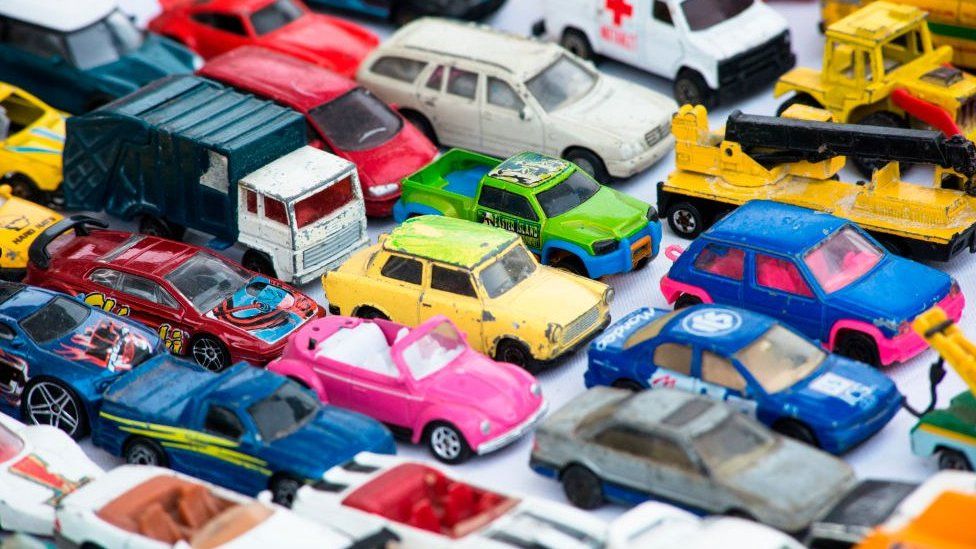
The Barbie Movie was the movie of the summer, grossing over $350 million in its opening weekend. It was the biggest opening weekend for a film directed by a woman. With the movie’s hype came a lot of merchandise and, yes, a lot of pink. Many fashion brands rose to the occasion to try and make a buck off of the movie.
Fast Fashion brands like Forever 21, Zara, Primark, and many more designed official Barbie clothing lines. NYX Cosmetics released a Barbie-inspired makeup set, and a Burger King in Brazil even made a pink barbecue sauce. If you didn’t own something Barbie pink and wanted to see the movie, you wouldn’t have to go far or spend a lot of money.
The problem with these huge marketing campaigns is a lot of waste. These trends and crazes come and go and eventually get donated or tossed out. Moreover, many people are only interested in buying these products to post on their social media platforms. Once that’s done, these items don’t serve much purpose.
Mattel goes sustainable
Fortunately, these merchandising trends and the negative environmental impact does not speak to the company that made Barbie. Mattel is trying to clean up its plastic use by 2030. The company aims to use 100 percent recycled, recyclable or bio-based plastic in its toys and packaging. By 2030, the company hopes to make 75% of the clothing for dolls out of sustainable materials, including natural and recycled synthetic fibres.
According to their website, the plastic parts from their Barbie the Future of Pink is Green line is made from 90% plastic sources within 50 km of waterways in areas lacking formal waste collection systems. Among this line are Dr Jane Goodall and the Eco- Leadership Team Certified Carbon Neutral, Chief Sustainable Officer Barbie, a Renewable Energy Engineer Barbie and an Environmental Action Barbie to inspire kids to learn more about green careers.
Mattel even has a toy takeback program designed to recover and reuse plastic materials from old toys. The company has also successfully reduced the amount of plastic that goes into making its LEGO blocks. Their MegaBlocks and some FisherPrice toys are now made out of biobased plastics.
Barbie has come a long way since it first appeared on shelves in 1959. Changing how and what their dolls are made of could significantly impact the plant, especially as its popularity continues to rise.
How to support the Barbie Trend sustainably
Of course, this doesn’t make up for the brands playing into Barbie and the Barbie Movie’s fame. It might have even been a missed opportunity by Mattel to promote sustainability and sustainable fashion. But there are many ways you can promote sustainability on your own, especially if you want to jump on the Barbie pink trend:
- Shop secondhand -pink outfits – you’ll likely find something unique and vintage.
- Shop quality pieces that could be worn multiple times instead of supporting fast fashion brands
- Choose sustainable fabrics such as organic cotton.
- Support ethical brands
- Create pink Barbie outfits with a DIY touch
Not giving in to fast fashion brands can be a small step to making a difference in how we market and support these box office movies. The Barbie Movie is not the first to have a ton of merchandising associated with it, and it won’t be the last. These brands have an opportunity to promote sustainability with the promotion of their brands. As mentioned, it might have been a missed opportunity by Mattel, who could have encouraged people to follow sustainable ways of dressing up for their movie. Think of how good an “I’m a Barbie Girl in a sustainable world” tagline would’ve been! Maybe we’ll do better with the Polly Pocket or Barney movies.
Source Happy Eco News


